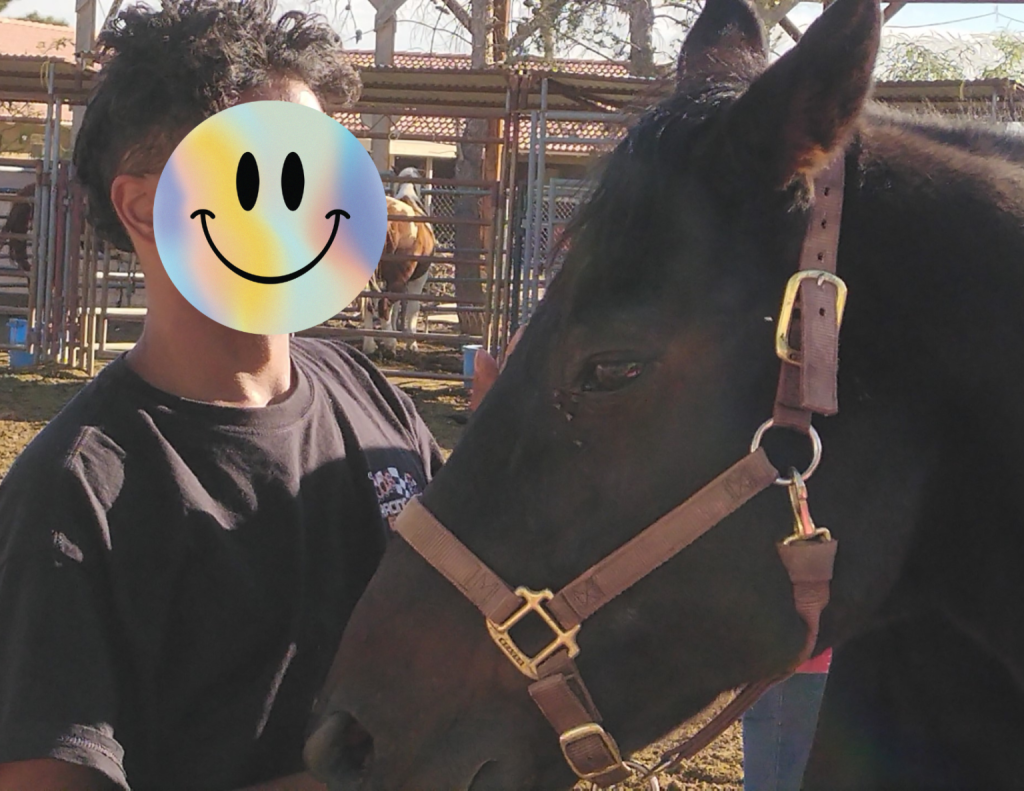Equine Therapy
Equine therapy, an experiential treatment method, harnesses the powerful connection between humans and horses to facilitate physical and emotional healing. Here we explore various forms of equine therapy, their applications, conditions treated, and the numerous benefits they offer.
Forms of Equine Therapy
Equine-assisted psychotherapy (EAP): Tailored for individuals with mental, substance use disorders, cognitive issues, and more, EAP combines talk therapy with sensory experiences. Clients interact with horses, engaging in activities like riding, grooming, and saddling, providing a unique outdoor dimension to traditional therapy.
Hippotherapy: This form integrates licensed therapists and equine specialists to provide physical, occupational, and speech therapy. Targeting neuromuscular disorders, hippotherapy aims to improve balance, coordination, and body control through therapeutic interactions with horses.
Therapeutic Riding: Considered an Equine-Assisted Activity, therapeutic riding aids children in healing from trauma while boosting confidence and self-esteem.

Conditions Treated with Equine Therapy
Equine therapy, including EAP, hippotherapy, and related activities, proves effective for various conditions:
- Substance Use Disorders
- Depression, Anxiety, PTSD, Stress
- Trauma
- Eating Disorders
- Behavior Disorders
- Traumatic Brain Injury
- Dementia
- Learning Challenges
- ADD/ADHD
- Autism, Asperger’s
- Down Syndrome
Benefits of Equine Therapy
Equine Therapy in Mental Health Treatment
Beyond conventional therapy settings, equine-assisted psychotherapy incorporates horses into the therapeutic process. Clients engage in activities like grooming and leading horses under the supervision of mental health professionals. This experiential approach helps develop emotional regulation, self-confidence, and responsibility.
Equine therapy’s growing popularity stems from its transformative and experiential approach. As an effective complement to traditional treatments, it fosters emotional healing and personal growth. Whether addressing mental health challenges or physical conditions, the unique connection between humans and horses proves to be a powerful catalyst for positive change.
Equine Therapy for Substance Use Disorders and Addiction
Equine-assisted psychotherapy proves valuable in aiding individuals on the path to recovery from alcohol or drug addiction. Horses, being instinctive pack animals, are attuned to the emotions of those around them. This unique trait fosters a connection distinct from human relationships in traditional therapy settings, whether individual or group-based. In the context of equine therapy, humans assume a caregiver role for horses, providing essential needs like grooming, food, and shelter. This dynamic creates an environment where mutual trust is established, leading to emotionally fulfilling outcomes. Individuals, seeking emotional support, recreation, or relaxation, engage with horses, forming a bond rooted in care and responsibility.
The therapeutic process involves learning effective communication with horses, and unveiling self-awareness regarding negative self-perceptions linked to substance abuse. Equine therapy offers a range of benefits, including:
- Developing impulse control through exercises demanding patience and concentration.
- Cultivating comprehensive social skills.
- Enhancing problem-solving abilities when confronted with challenging tasks.
Vegas Stronger™ proudly provides this therapeutic approach to clients, which provides a unique avenue for individuals to explore and address the underlying issues contributing to substance abuse, fostering personal growth and positive psychological outcomes. Contact us to learn more about the program.
How to Get Help Today
You don’t have to face addiction or homelessness alone. Vegas Stronger is here to help. Whether you need immediate support, are looking for treatment options, or want to help a loved one, we are ready to assist.







